32% of All US Adults Watch Pirated Content
jeudi 19 janvier 2017 à 16:11 Despite the availability of many legal services, piracy remains rampant througout the United States.
Despite the availability of many legal services, piracy remains rampant througout the United States.
This is one of the main conclusions of research conducted by anti-piracy firm Irdeto, which works with prominent clients including Twentieth Century Fox and Starz.
Through YouGov, the company conducted a representative survey of over 1,000 respondents which found that 32 percent of all US adults admit to streaming or downloading pirated video content.
These self-confessed pirates are interested in a wide variety of video content. TV-shows and movies that still play in theaters are on the top of the list for many, with 24 percent each, but older movies, live sports and Netflix originals are mentioned as well.
The data further show that the majority of US adults (69%) know that piracy is illegal. Interestingly, this also means that a large chunk of the population believes that they’re doing nothing wrong.
While the major copyright holders often stress that piracy results in massive revenue losses, the pirates themselves are not particularly bothered by this. In fact, 39 percent say that claimed losses don’t impact their download habits.
According to Lawrence Low, Irdeto’s Vice President of Business Development and Sales, piracy does more than just financial damage. It also limits the resources content creators have to make new content, which may ultimately lead to less choice.
“Piracy deters content creators from investing in new content, impacting the creative process and providing consumers with less choice,” Low says.
“It is becoming increasingly important for operators and movie studios to educate consumers on the tactics employed by pirates and to further promote innovative offerings that allow consumers to legally acquire content,” he adds.
This insight is not new of course. Over the past few years, various copyright groups have put a spotlight on legal services, even targeting pirates directly with educational copyright alerts.
However, for now that doesn’t seem to have had much of an effect. Piracy remains rampant, especially among younger people. Previously a similar survey revealed that among millennials, more than two-thirds admit to having downloaded or streamed pirated content.
Source: TF, for the latest info on copyright, file-sharing, torrent sites and ANONYMOUS VPN services.

 At the start of the decade several new bills were introduced in the United States, aiming to make it easier for copyright holders to enforce their rights online.
At the start of the decade several new bills were introduced in the United States, aiming to make it easier for copyright holders to enforce their rights online. 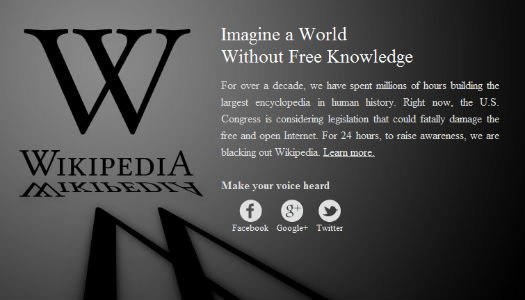
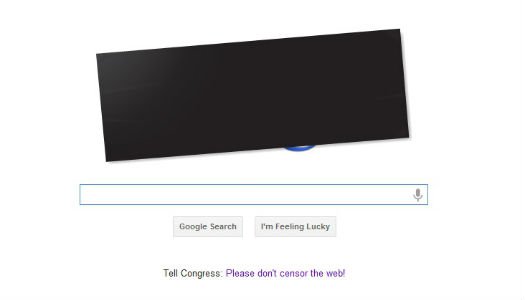
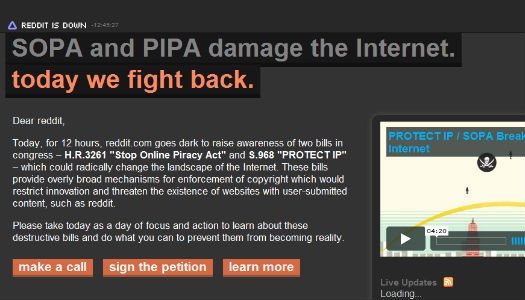
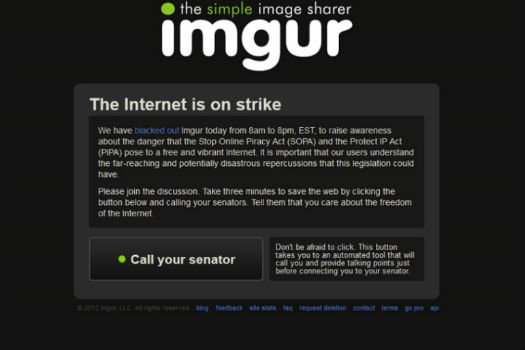
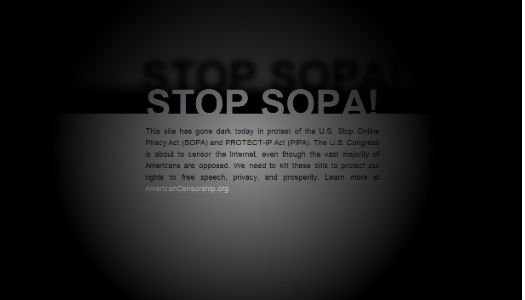

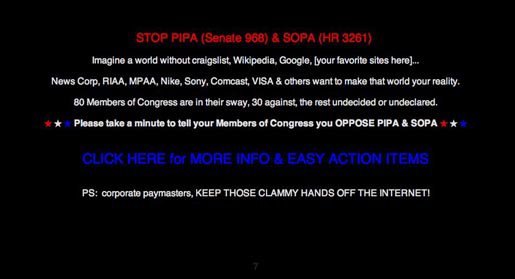

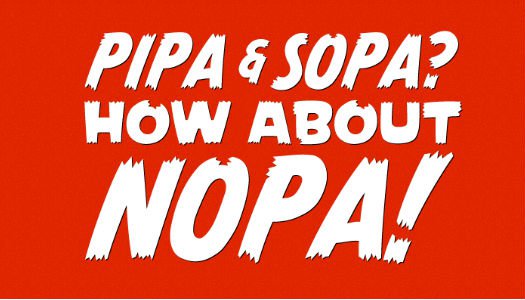
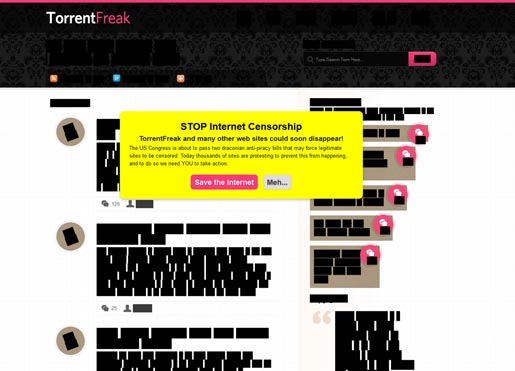

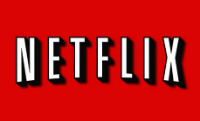 We’re all familiar with the claims that piracy is “killing” the movie industry, but legal alternatives are in constant competition as well.
We’re all familiar with the claims that piracy is “killing” the movie industry, but legal alternatives are in constant competition as well.